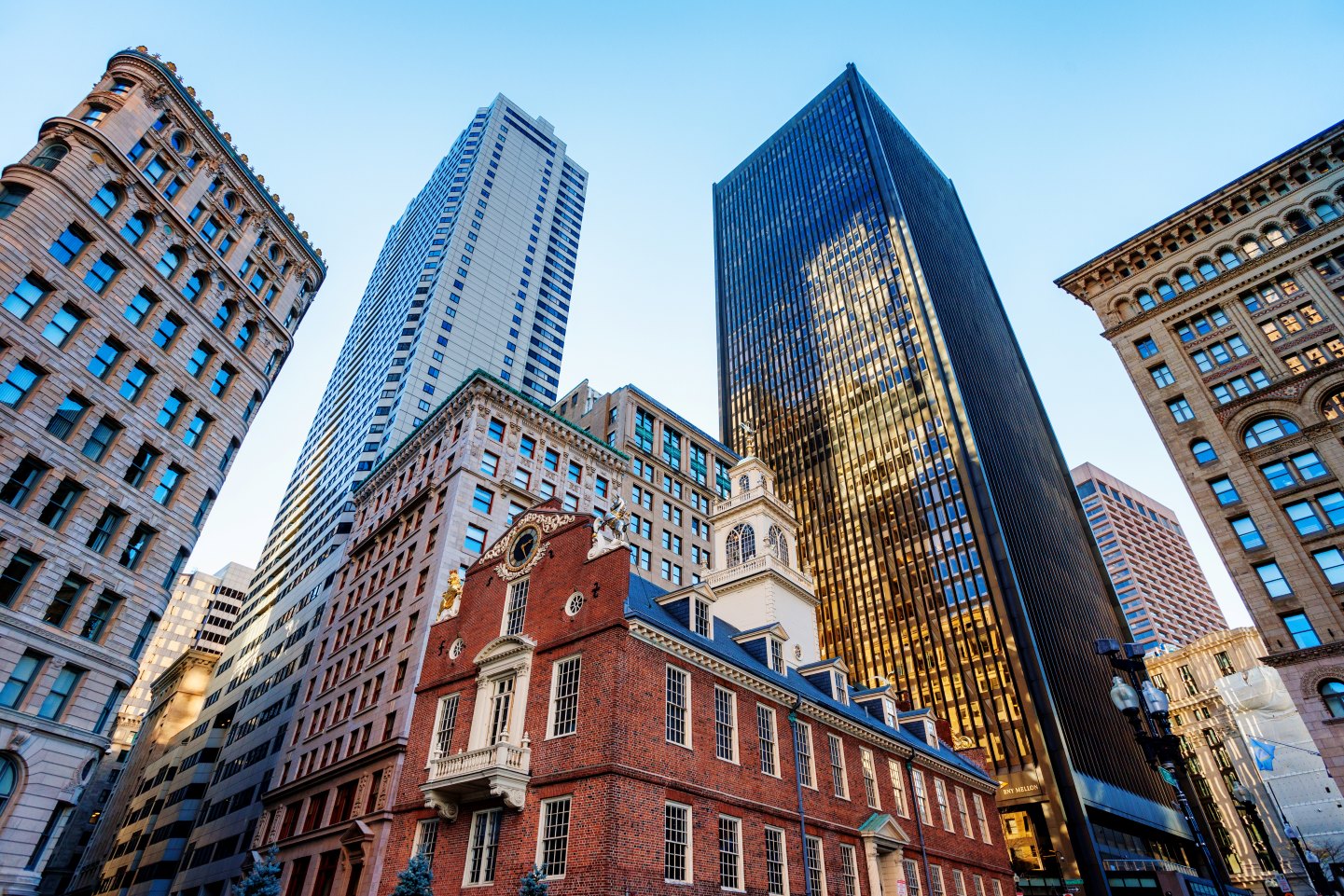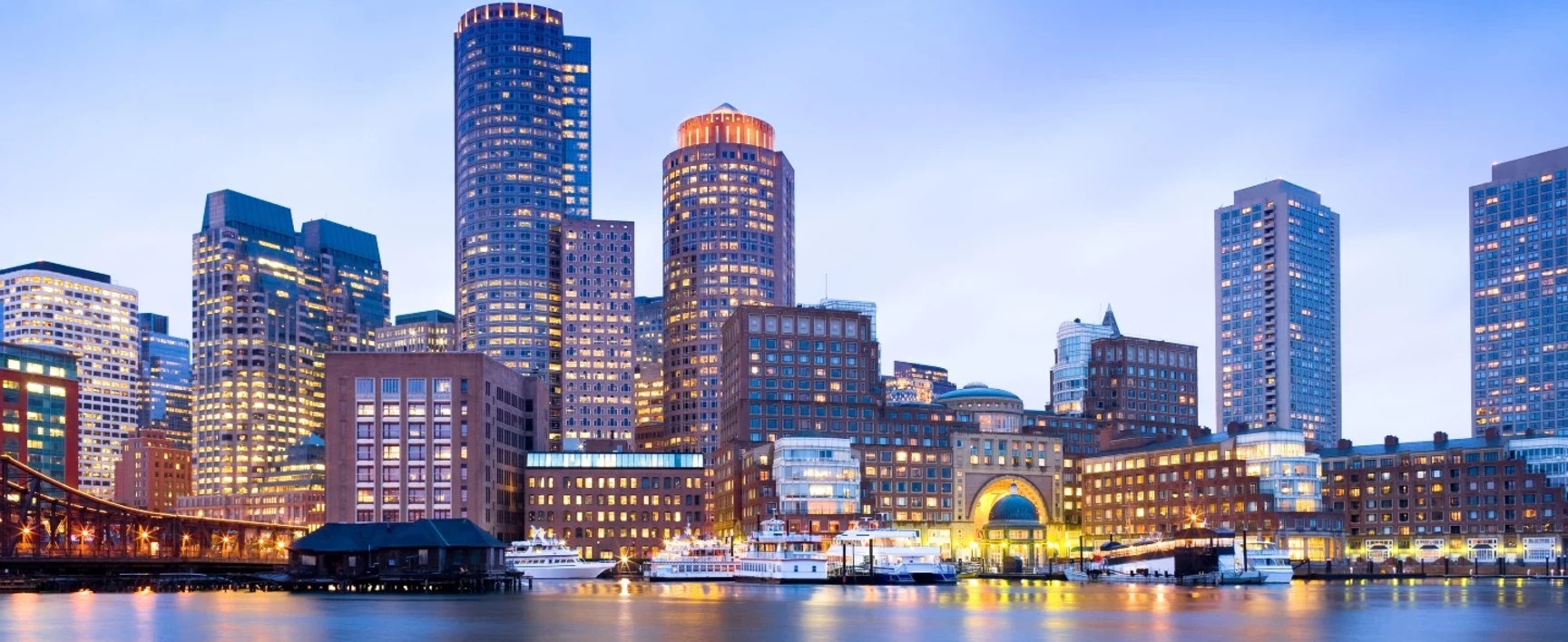Explore Boston's Building Regulations, Ordinances, Compliance, and Codes: What You Need to Know for 2025
In today's complex regulatory environment, building owners and managers in Boston face a multifaceted web of compliance requirements that can be challenging to navigate. From facade inspections to emissions reporting, these Boston building regulations are designed to ensure safety, sustainability, and efficiency—but they also come with significant responsibilities and potential penalties for non-compliance.
As we progress through 2025, understanding these requirements has never been more crucial. This comprehensive guide walks you through Boston's key building ordinances and how SOCOTEC's expertise can help you maintain compliance while optimizing your property's performance.
SOCOTEC'S SPECIALTIES: BOSTON BUILDING REGULATIONS
At SOCOTEC, we specialize in testing, inspection, certification, and consulting (TICC) services, offering expert guidance to navigate Boston's complex building regulations. Our team assists in aligning your projects with local regulations, sustainability objectives, and operational goals. From facade inspections and emissions reporting to energy efficiency measures and environmental assessments, SOCOTEC provides comprehensive support to ensure your property's compliance and performance.
SOCOTEC is well-positioned to advise on and partner with clients in navigating the following Boston regulations.
- Facade Inspections
- BERDO - Building Emissions Reduction and Disclosure Ordinance
- Massachusetts Stretch Energy Code



SOCOTEC'S 2025 COMPLIANCE GUIDE - BOSTON
Ordinances & Code Support

Why Compliance Matters to Stakeholders
Understanding and adhering to Boston's building code regulations delivers multiple benefits beyond avoiding penalties:
For property owners and managers, compliance protects asset value through proactive maintenance and reduced liability exposure, while simultaneously improving operational efficiency and reducing long-term costs. Properties that maintain rigorous compliance standards often demonstrate enhanced marketability to increasingly sustainability-conscious tenants and buyers, positioning themselves favorably in a regulatory landscape trending toward stricter requirements.
From an investor perspective, regulatory compliance reduces risk exposure from unexpected issues and associated remediation costs. It ensures properties maintain their competitive position in changing markets and supports the Environmental, Social, and Governance (ESG) commitments increasingly demanded by institutional investors and capital partners.
Building occupants benefit directly from compliance measures through improved safety assurances, enhanced indoor environmental quality, and alignment with corporate sustainability objectives. As organizations increasingly evaluate their environmental footprint, occupying buildings that meet or exceed regulatory standards becomes a tangible demonstration of commitment to sustainability goals.

The Compliance Journey
Obtain Qualified Support

Navigating Boston's intricate building regulations requires specialized expertise. Engaging a qualified consultant can provide invaluable support in ensuring your project aligns with legal requirements, sustainability goals, and operational efficiencies. From facade inspections and emissions reporting to energy efficiency measures and environmental assessments, a knowledgeable consultant can guide you through the complexities of compliance, helping to optimize your property's performance and value.
Our comprehensive support stretches across Boston's building regulations spectrum. Our facade inspection services provide professional assessment of exterior wall conditions, documentation of deficiencies, and recommended remediation strategies, culminating in compliance certification with Boston's inspection ordinances.
For BERDO compliance, we deliver energy usage assessment and reporting assistance, strategic planning for emissions reduction, and third-party verification services for reporting years. Our Massachusetts Stretch Code support includes design review and compliance verification, performance testing and documentation, and identification of applicable incentives and resources to maximize return on compliance investments.
Beyond these core areas, we are here to provide guidance and consultation on additional safety certifications including pool facility inspections, egress testing and certification, and comprehensive safety assessments that address both compliance requirements and best practices in building safety and performance.
Navigating Boston's intricate building regulations requires specialized expertise. Engaging a qualified consultant can provide invaluable support in ensuring your project aligns with legal requirements, sustainability goals, and operational efficiencies. From facade inspections and emissions reporting to energy efficiency measures and environmental assessments, a knowledgeable consultant can guide you through the complexities of compliance, helping to optimize your property's performance and value.
Our comprehensive support stretches across Boston's building regulations spectrum. Our facade inspection services provide professional assessment of exterior wall conditions, documentation of deficiencies, and recommended remediation strategies, culminating in compliance certification with Boston's inspection ordinances.
For BERDO compliance, we deliver energy usage assessment and reporting assistance, strategic planning for emissions reduction, and third-party verification services for reporting years. Our Massachusetts Stretch Code support includes design review and compliance verification, performance testing and documentation, and identification of applicable incentives and resources to maximize return on compliance investments.
Beyond these core areas, we are here to provide guidance and consultation on additional safety certifications including pool facility inspections, egress testing and certification, and comprehensive safety assessments that address both compliance requirements and best practices in building safety and performance.
Conclusion
As Boston continues to enhance its building regulations to improve safety, sustainability, and resilience, property stakeholders face increasing compliance complexity. Being aware of the change in regulations and requirements is crucial. Through this journey, partnering with knowledgeable experts not only ensures regulatory adherence but transforms compliance from a burden into an opportunity—maximizing building performance, protecting asset value, and contributing to a safer, more sustainable built environment for all.
Facade Inspections
- Professional assessment of exterior wall conditions
- Documentation of deficiencies and recommended remediation
- Compliance certification with Boston's inspection ordinances
BERDO
- Energy usage assessment and reporting assistance
- Strategic planning for emissions reduction
- Third-party verification services for reporting years
Massachusetts Stretch Code
- Design review and compliance verification
- Performance testing and documentation
- Identification of applicable incentives and resources
Additional Safety Certifications
- Pool facility inspections
- Egress testing and certification
- Comprehensive safety assessments

2025 Compliance Guide - Boston
Do you have any questions about Boston's Building Codes & Regulations? Contact our experts today.

You may also like

Get the latest updates about SOCOTEC, subscribe to our newsletter!
Get the latest updates about SOCOTEC, subscribe to our newsletter!





